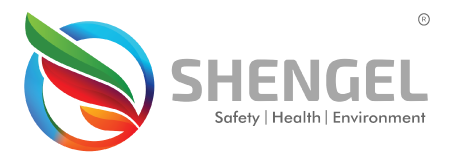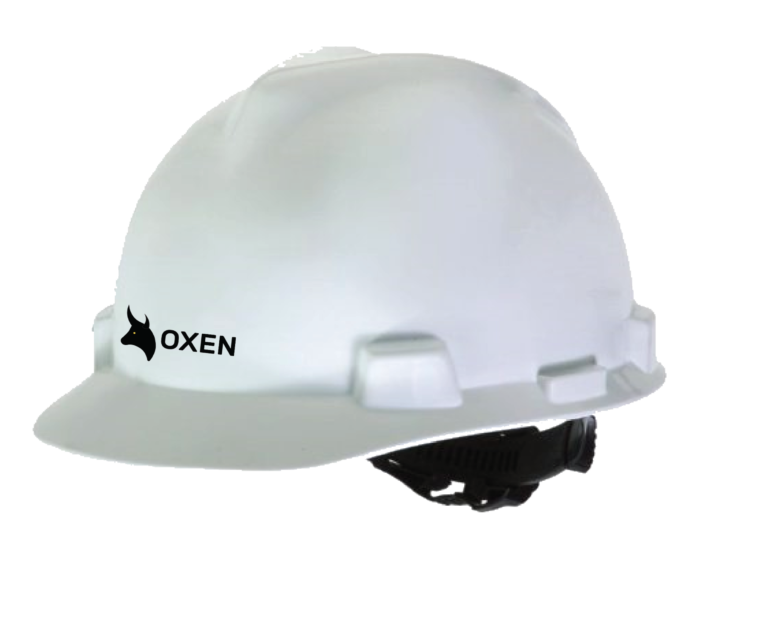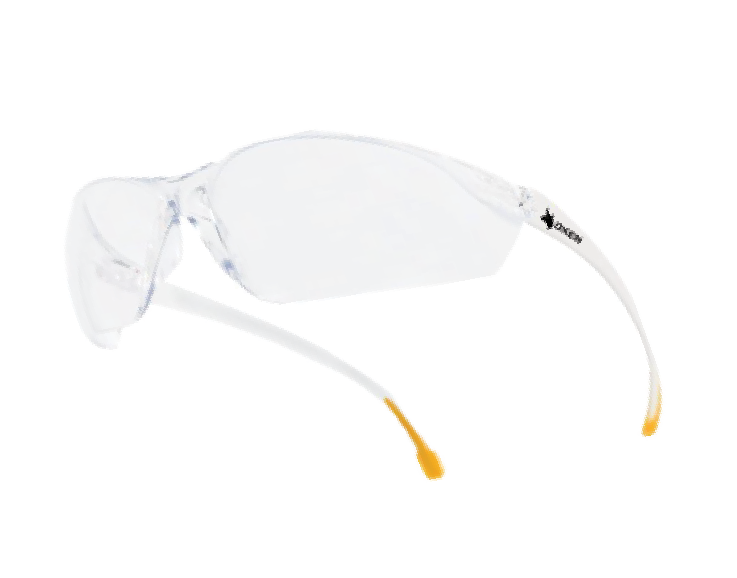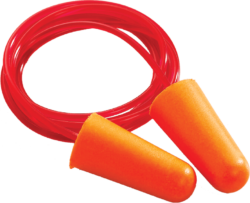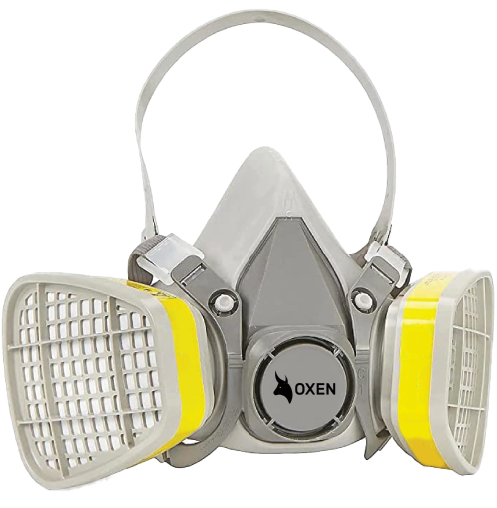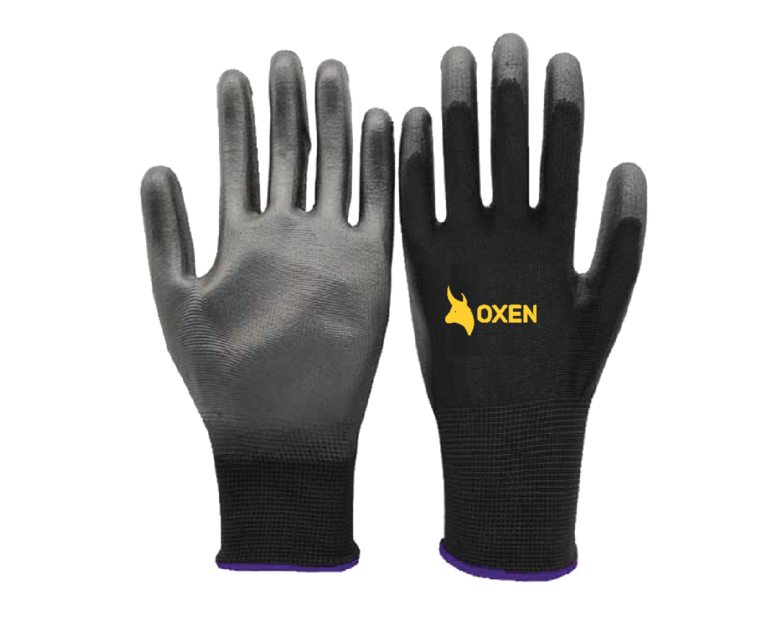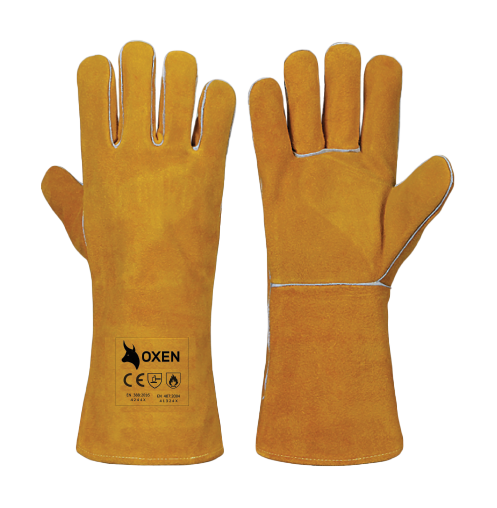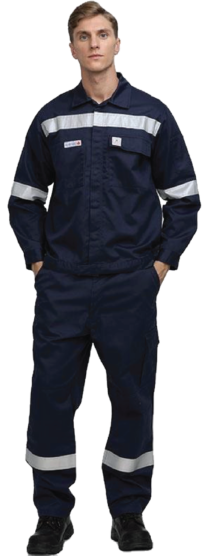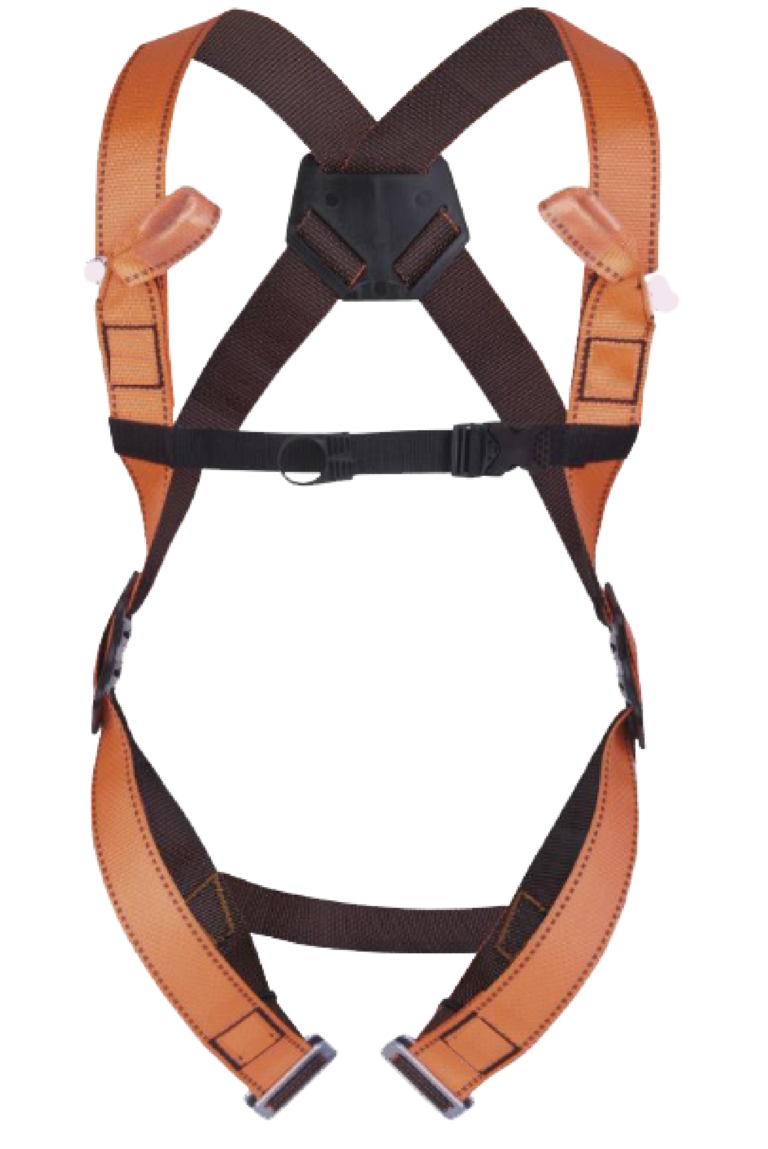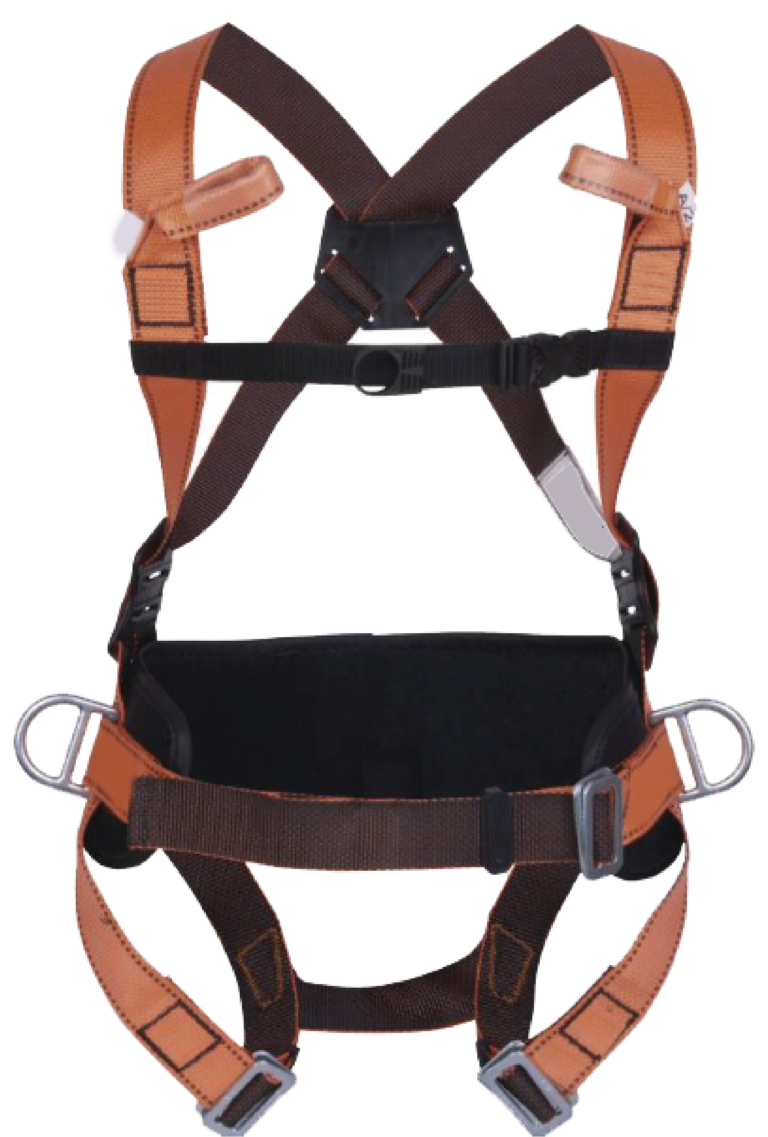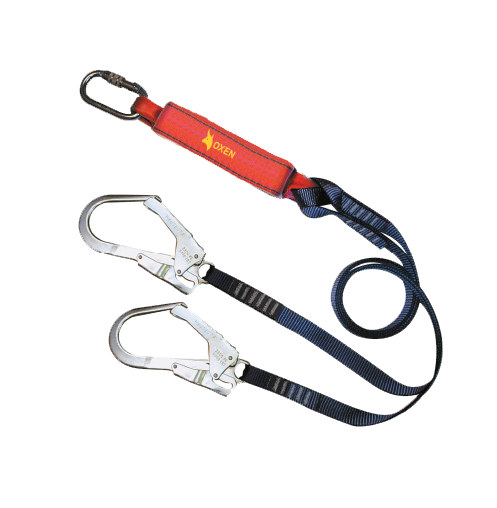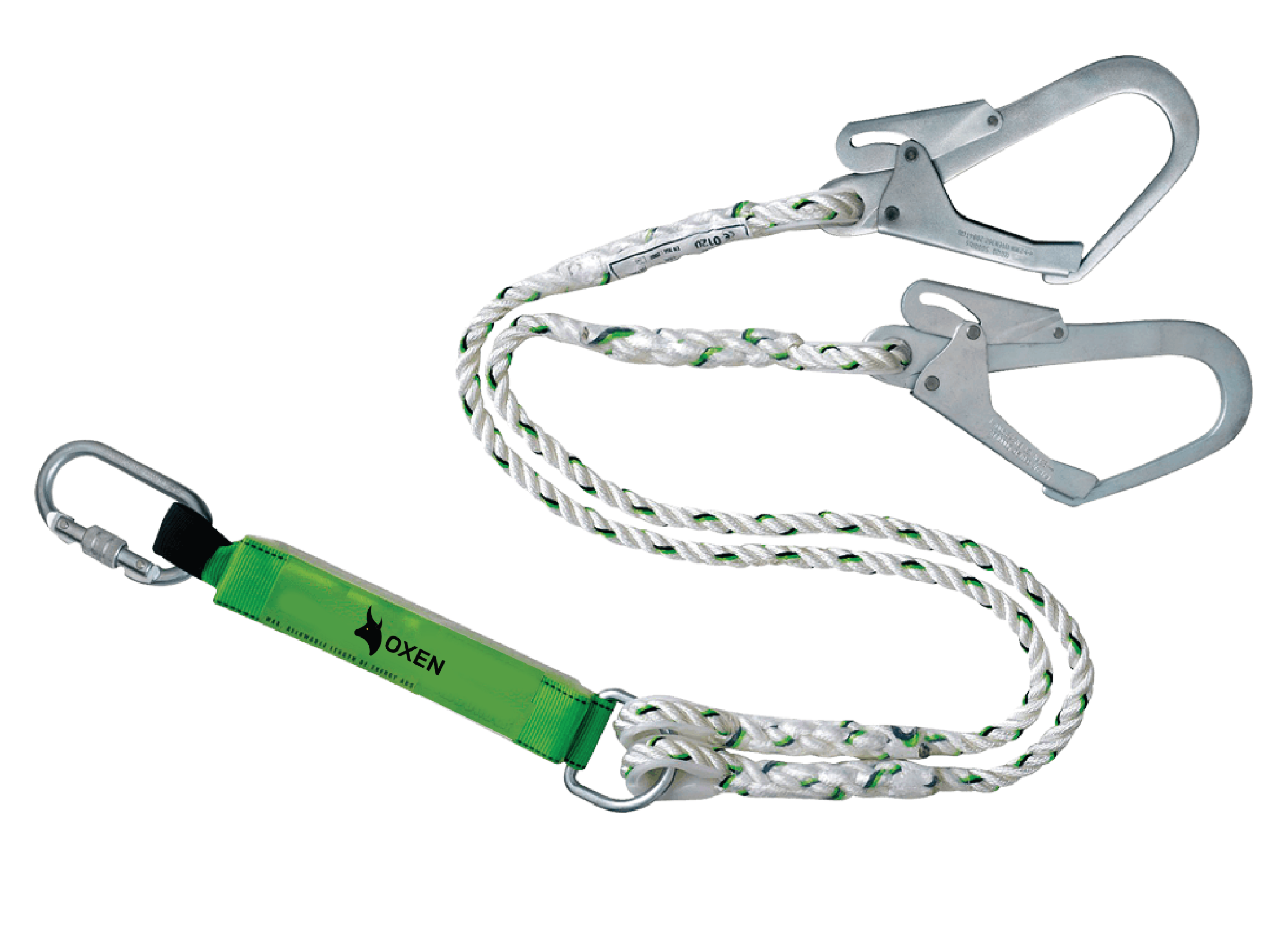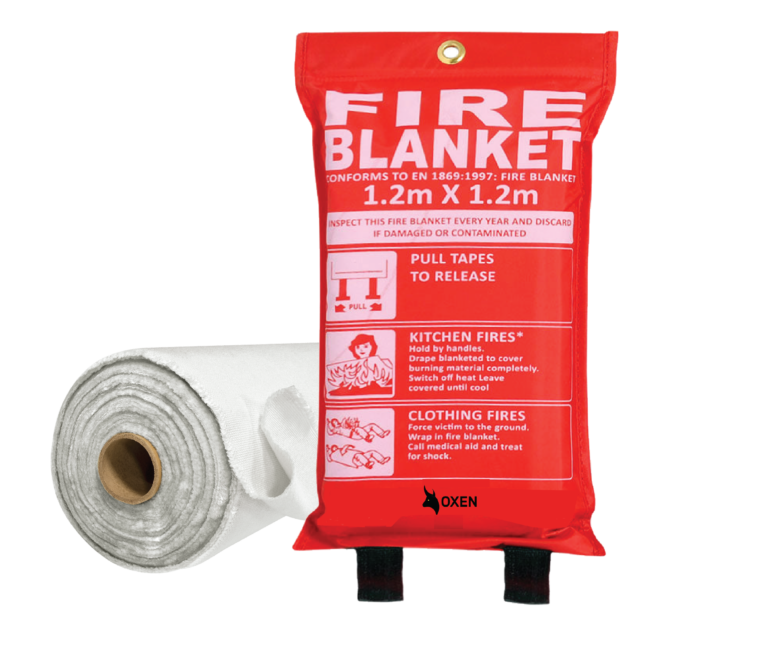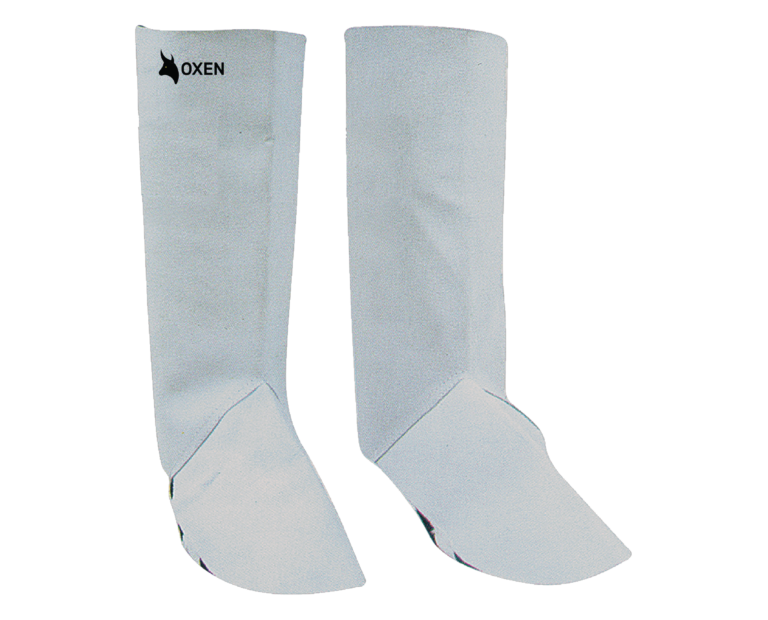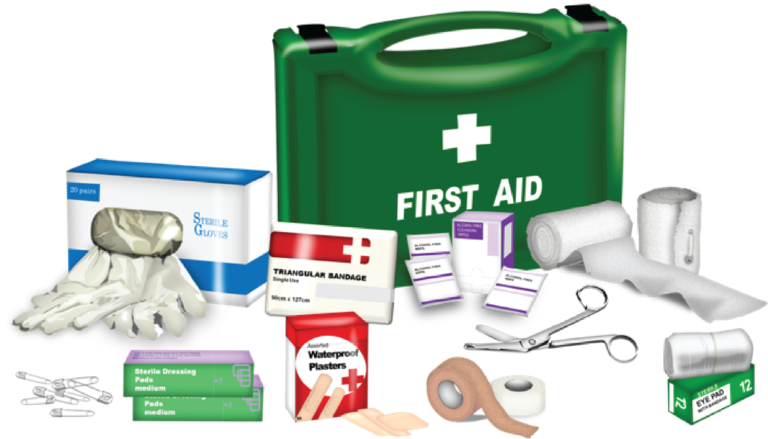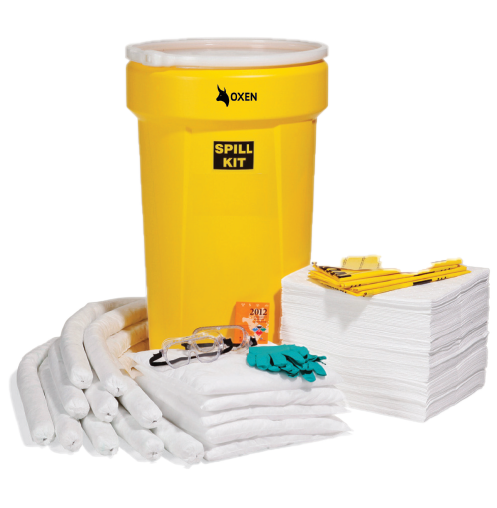QRA
Quantitative Risk assessment
The purpose of this course is to enable delegates to understand and apply Quantitative Risk assessment (QRA) techniques with particular relevance to the oil & gas and process industries. Delegates will be given an opportunity to conduct QRA for example oil and gas and process facilities. The course also covers risk criteria, application of the ALARP principle, sensitivity analysis and cost benefit analysis.
Target Audience
Participants are likely to be from insurance, process, oil & gas industries professionals such as consultants, process safety, operational engineers and managers.
Course Prerequisites
Good understanding in process and process safety requirements
Course Outline
The Quantitative Risk Assessment course includes following topics:
- Introduction to QRA
- Hazard Identification
- Frequency Assessment
- Event trees
- Consequence modelling
- Building QRA model
- Risk Analysis
- Mitigation and reporting
- Sensitivity Studies
- Cost-benefit analysis
Learning Outcomes
Successful learners will be able to:
- Design QRA models incorporating appropriate input data and assumptions
- Use QRA to analyze the risk to personnel
- Compare QRA results with criteria and use to devise and evaluate potential risk reduction measures
Assessment Methodology
This qualification is assessed by written examination.
